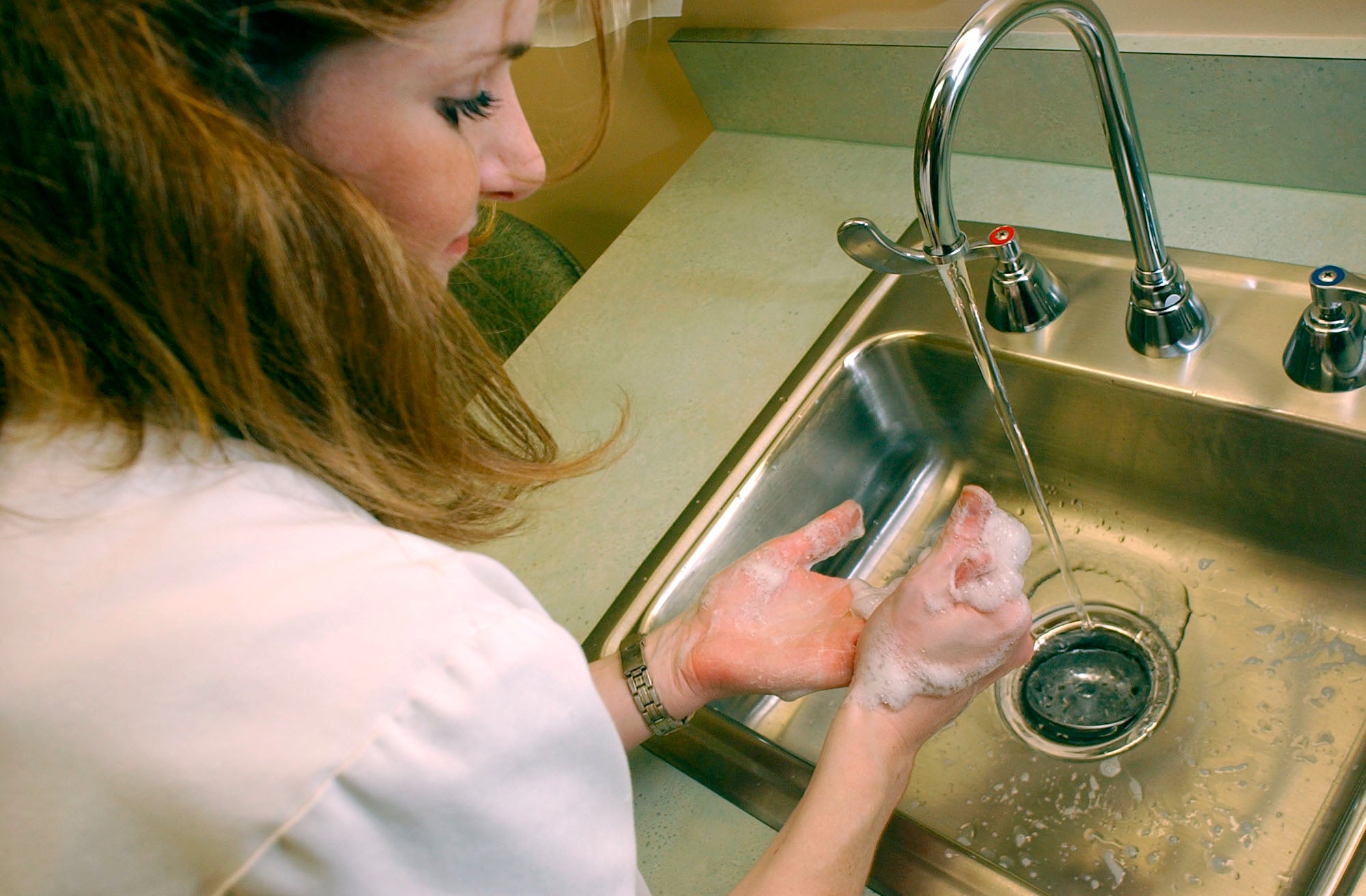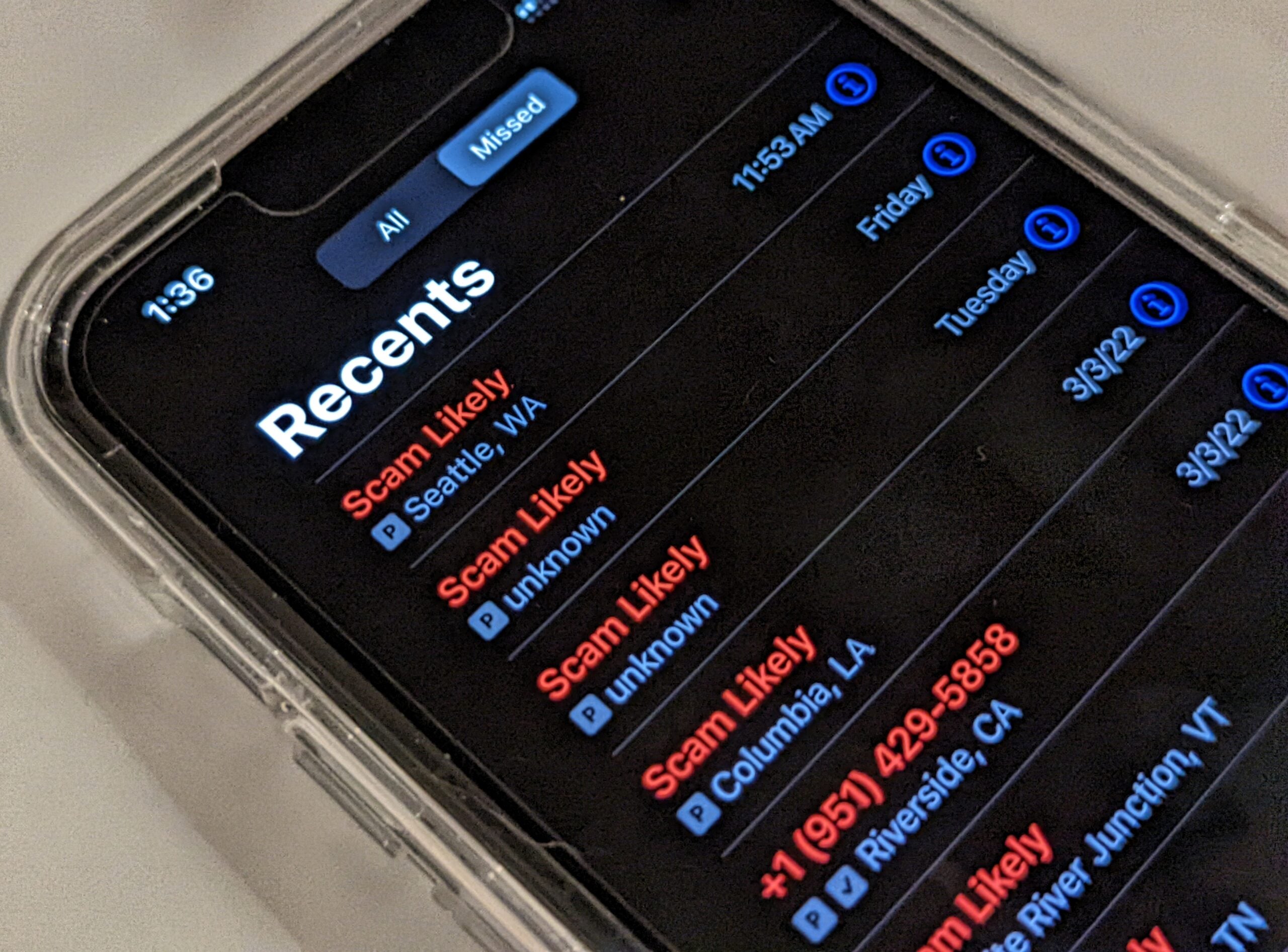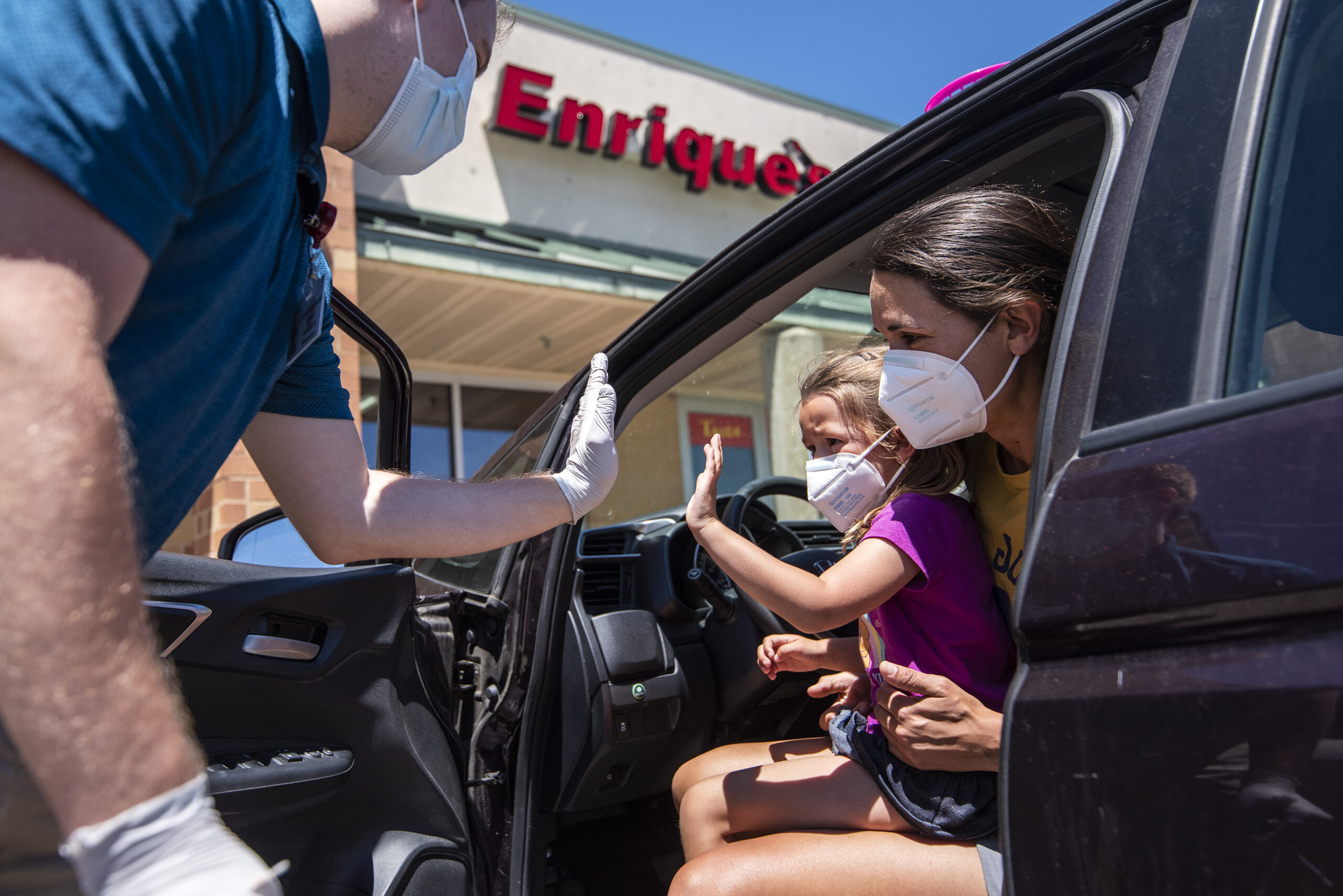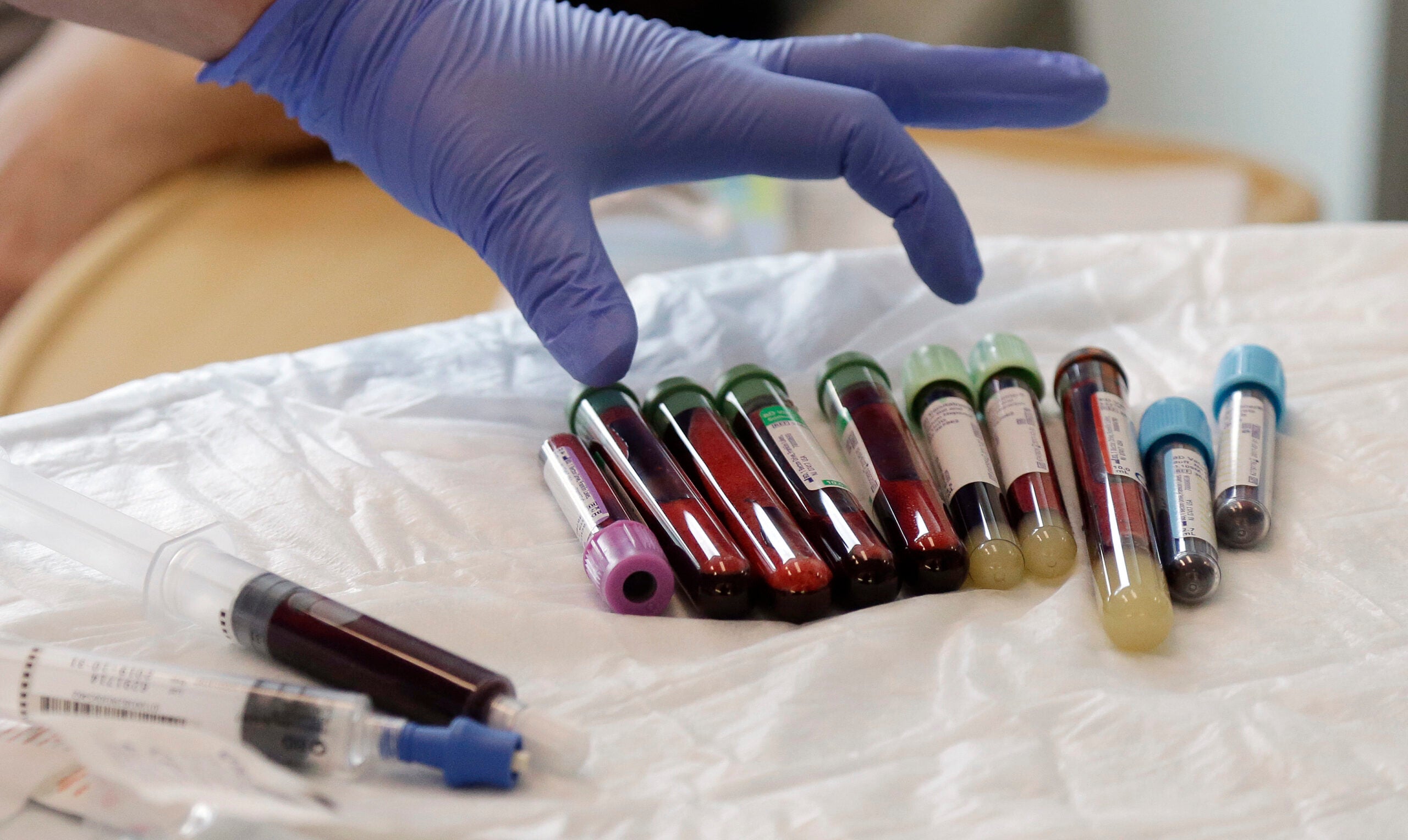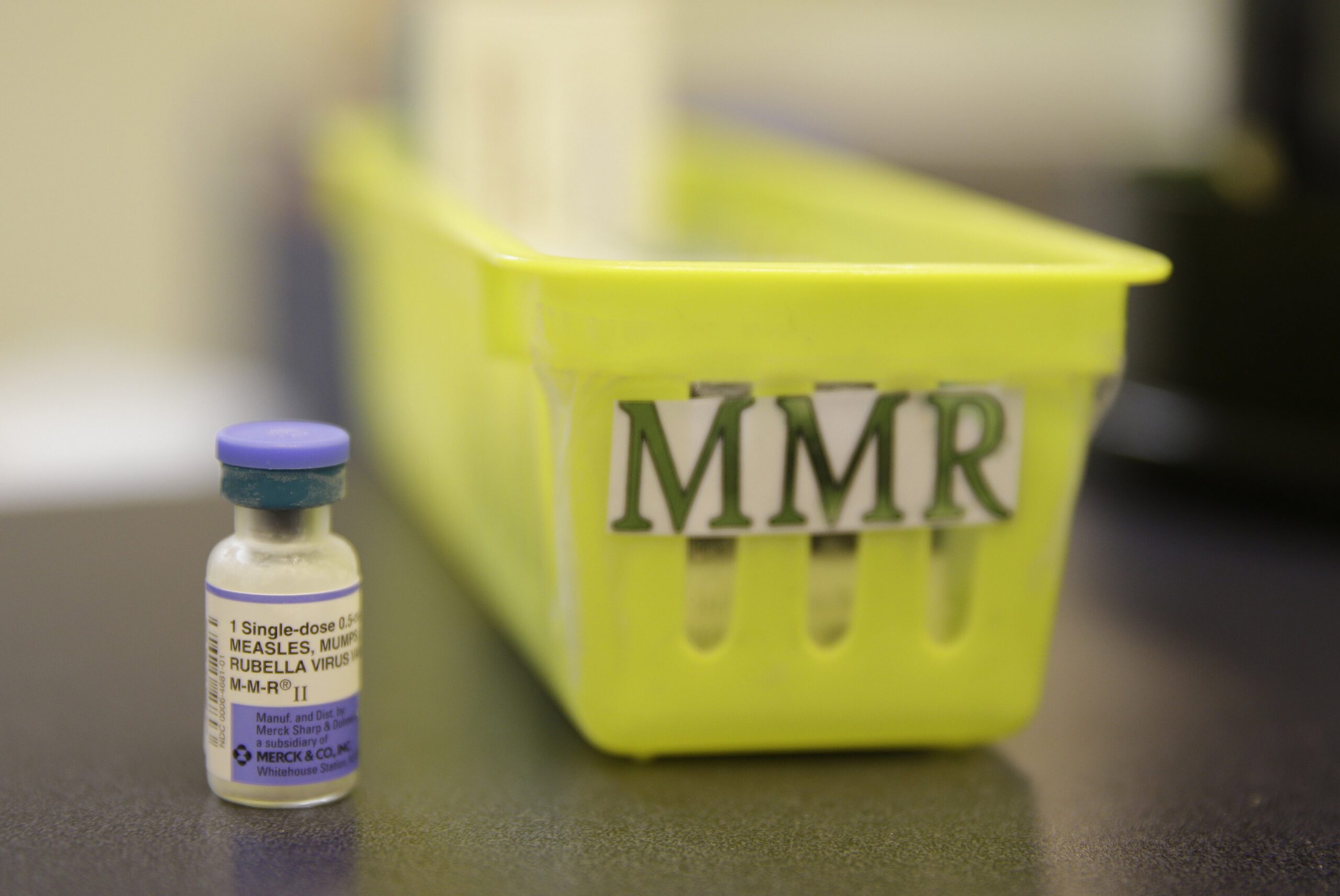Wisconsin officials are warning residents about the possibility of online and phone scams that convince people they’re participating in COVID-19 vaccine trials.
Lara Sutherlin is head of the Division of Trade and Consumer Protection at the Wisconsin Department of Agriculture, Trade and Consumer Protection (DATCP). She said her department has already received questions about the legitimacy of specific clinical trials. So far the department has not found any fraudulent trials, but Sutherlin said she expects such scams will happen.
“We’ve seen scams around cures, scams around testing and we are anticipating scams around these clinical trials,” Sutherlin said. “Because of the kind of information that people are going to be giving in the context of a clinical trial, we want to make sure people understand how to identify a legitimate one and one that could be fraudulent.”
Stay informed on the latest news
Sign up for WPR’s email newsletter.
Lisa Schiller, director of investigations and communications for the Better Business Bureau of Wisconsin, said bureaus in other states have already received reports of vaccine-related scams in recent weeks.
“Scammers follow the news. So of course now with all of the talk about the vaccine in the news, scammers are going to try to benefit from that,” Schiller said. “They’re going to catch consumers while they’re most vulnerable and try to take advantage of that.”
Sutherlin said real clinical trials gather sensitive information about participants, like contact information, demographic data and medical history.
“What they’re not going to ask you about is your social security number or your financial account numbers,” Sutherlin said. “One key way to determine whether or not it’s a fraudulent scam is one that is asking you for financial information.”
She said people should also never pay to participate in a clinical trial.
Sutherlin also said that trial scams in other states have most often popped up as an unsolicited phone call, email, text or social media message.
Schiller with the Better Business Bureau of Wisconsin said there has been a spike in online fraud in Wisconsin and across the country this year. The scams have involved items related to the pandemic, like masks and toilet paper, or play on people’s desire for connection.
“We’re seeing a huge increase in people trying to purchase animals online, mostly puppies,” Schiller said. “Once you pay the money for the dog, then (the scammers are) asking for more money. They’re saying that they’ll send the dog, but now you have to pay for the airline ticket. And then all of a sudden there’s a problem with that and you have to pay for vaccinations and paperwork and the list goes on and on.”
She said there has also been an uptick in romance-related email scams with people unable to date in-person.
Sutherlin said the emotional toll of the COVID-19 pandemic has left many people feeling vulnerable and uncertain about the future.
“That’s when scammers come in, when they know you want this information, when they know you feel unsafe and they can promise you quick money, a quick cure, a quick test, quick debt relief, quick housing, whatever it is that is making you insecure. And the COVID crisis, of course, is making us feel insecure in all of those ways,” Sutherlin said.
She said the Federal Trade Commission has already reported over 3,000 complaints of scams in Wisconsin that total over $2 million worth of fraud.
If someone wants to participate in a COVID-19 vaccine trial, Sutherlin said the safest way to do so is by going to the National Institute for Allergy and Infectious Diseases’s website to volunteer and verify that a clinical trial is legitimate.
Vaccine-related scams can be reported to DATCP and the Better Business Bureau.
Wisconsin Public Radio, © Copyright 2025, Board of Regents of the University of Wisconsin System and Wisconsin Educational Communications Board.



